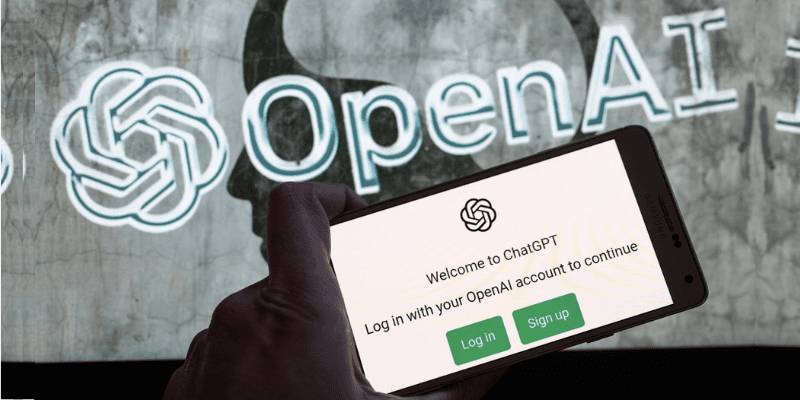Despite raising approximately $20 billion since its inception, OpenAI has yet to turn a profit. The company is reportedly losing money on its $200 monthly ChatGPT Pro subscription plan due to higher-than-expected usage by subscribers, according to CEO Sam Altman.
In a post on X (formerly Twitter), Altman acknowledged that he personally set the price for the Pro plan, expecting it to generate revenue. “I thought we would make some money,” he stated.
Launched in late 2022, ChatGPT Pro provides users with enhanced features, including access to the upgraded “o1 reasoning” AI model, increased speed, and lifted rate limits on tools such as the Sora video generator. However, the plan’s popularity has led to overuse, increasing operating costs for OpenAI, which already faces significant expenses.
At its peak, ChatGPT reportedly cost the company $700,000 per day to operate. Additionally, OpenAI is expected to incur losses of $5 billion on projected revenue of $3.7 billion in 2024. High costs related to staffing, infrastructure, and training AI models continue to strain the company’s finances.
To address these challenges, OpenAI is considering a corporate restructuring to attract new investors. The company acknowledges needing “more capital than it imagined” to sustain operations and expand.
OpenAI optimistically projects annual revenue of $100 billion by 2029, comparable to current sales figures of multinational corporations like Nestlé. As part of its growth strategy, the company may revise pricing for its subscription tiers, including ChatGPT Pro.
In December 2024, OpenAI launched new features, including Sora Turbo, an upgraded version of its text-to-video generation model. The tool allows ChatGPT Plus ($20/month) and Pro ($200/month) users to create videos from text or image prompts, with Pro users granted faster and more extensive access.
Sora Turbo also includes a Storyboard feature for more precise video creation and a community feed to explore user-generated content. However, OpenAI acknowledged technical limitations with the model, emphasizing that the technology remains a work in progress.
Meanwhile, competitors such as Google and Anthropic are also investing in AI models with advanced reasoning capabilities to improve accuracy and performance. As competition intensifies, OpenAI must balance innovation with sustainable growth.
Despite current financial challenges, OpenAI continues to focus on expanding its offerings and capturing a larger share of the growing AI market.
